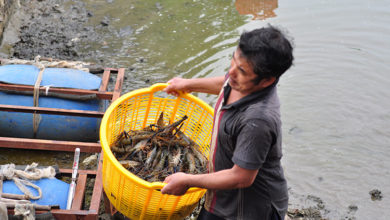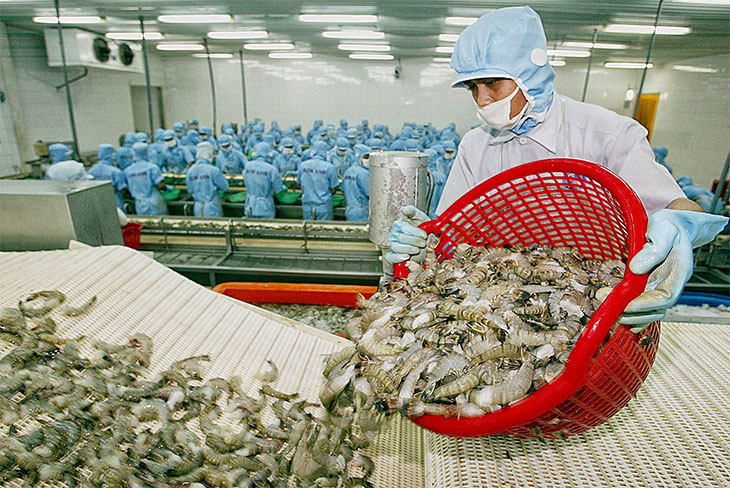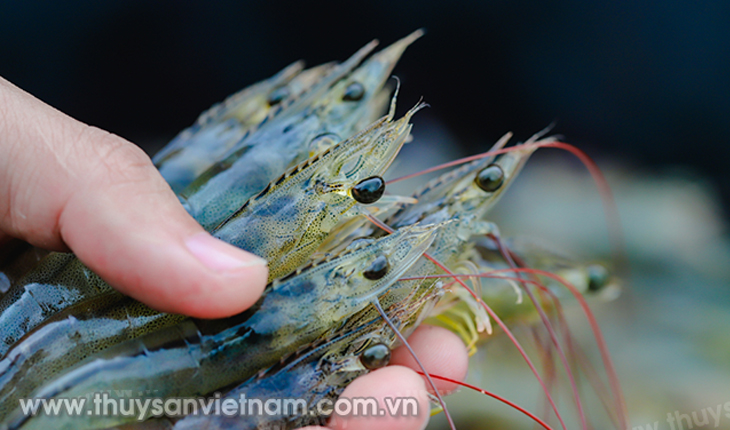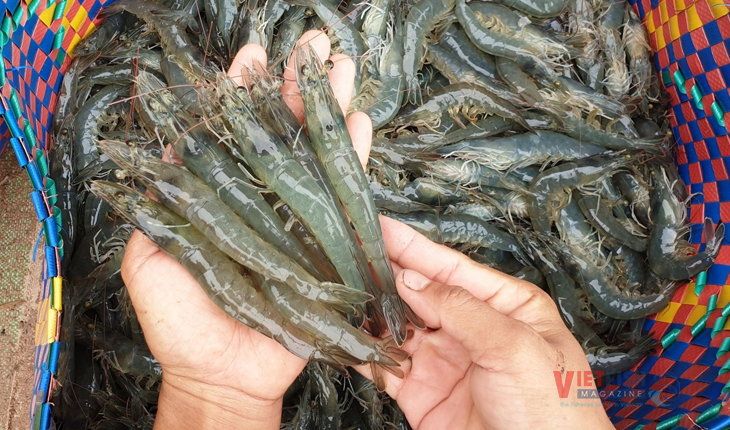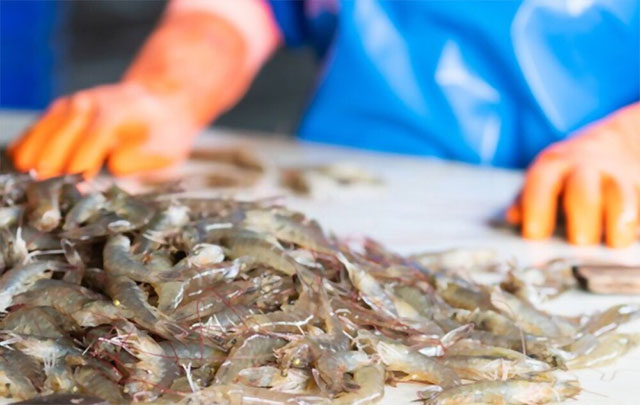Singapore is a promising market for Vietnamese seafood
Vietnam has now risen to become one of the top five seafood exporters to Singapore. According to experts, both countries have considerable potential and advantages to enhance their commercial cooperation in this sector.
At a recent business networking conference for Vietnam-Singapore seafood enterprises in Ho Chi Minh City, Tran Phuoc Anh, Director of the Ho Chi Minh City Department of Foreign Affairs, highlighted the excellent development of the strategic partnership between Vietnam and Singapore. Singapore currently ranks third out of 70 countries and territories investing in industrial zones in Vietnam.
According to the Vietnam Association of Seafood Exporters and Producers (VASEP), Vietnam has emerged as one of the top five seafood exporters to Singapore among 15 competing nations. In the first three months of 2024, Vietnam’s seafood exports to Singapore increased by 3.22%, reaching over SGD 24 million in export value, capturing 8.58% market share.
To Thi Tuong Lan, Deputy Secretary General of VASEP, noted Singapore’s increasing demand for high-quality products in its domestic market, particularly in restaurants and hotels catering to a growing number of tourists.
“Despite Singapore’s small market size, it serves as a crucial gateway for Vietnamese goods in general and seafood in particular to access other countries in the region and the world,” emphasized Lan.
She highlighted that while Vietnam excels in production and processing, Singaporean enterprises possess strong international trade skills. Both countries are members of various free trade agreements regionally and globally, benefiting from their geographically proximate locations for efficient transportation.
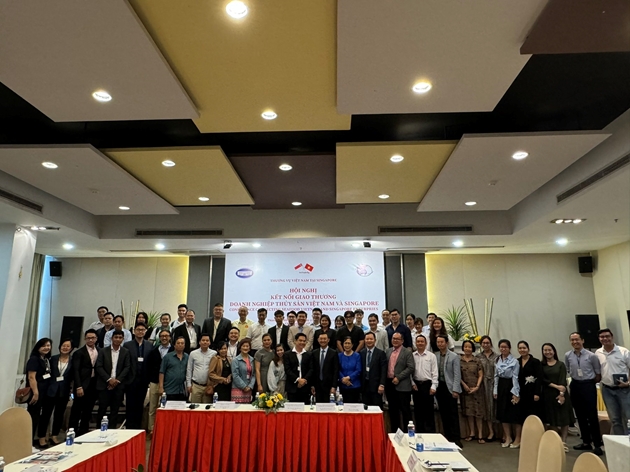
Therefore, Vietnamese enterprises can leverage trade cooperation with Singaporean counterparts to expand export markets to different countries and regions. However, Vietnamese seafood businesses must research and select suitable market segments to gain competitive advantages.
Cao Xuan Thang, Head of the Vietnam Trade Office in Singapore, mentioned Singapore’s minimal seafood production, relying heavily on imports for about 90% of its food needs. Vietnamese seafood products are increasingly recognized and valued for their quality in Singapore. He emphasized Singapore’s role as a regional trade services hub with virtually limitless trading partner opportunities, making direct connections with Singaporean networks beneficial for promoting Vietnamese seafood globally.
However, Thang cautioned that Singapore maintains stringent quality standards, and any violations such as antibiotic residues or microbiological contamination could permanently exclude businesses from the market. Therefore, Vietnamese exporters must maintain stable and sustainable quality to uphold their reputation and ensure long-term cooperation.
At the conference, Kenneth Chia, Chairman of the Singapore Seafood Association, shared that Singaporean businesses have extensive experience working with Vietnamese counterparts. This gathering marked the first direct engagement between Singapore’s seafood sector and VASEP, laying a foundation for comprehensive cooperation between the two sides.
Chia emphasized, “Collaboration between businesses from both countries not only enhances bilateral trade but also promotes the development of seafood business networks and distribution in the region, thereby expanding Vietnamese seafood’s presence globally.”
VFM


